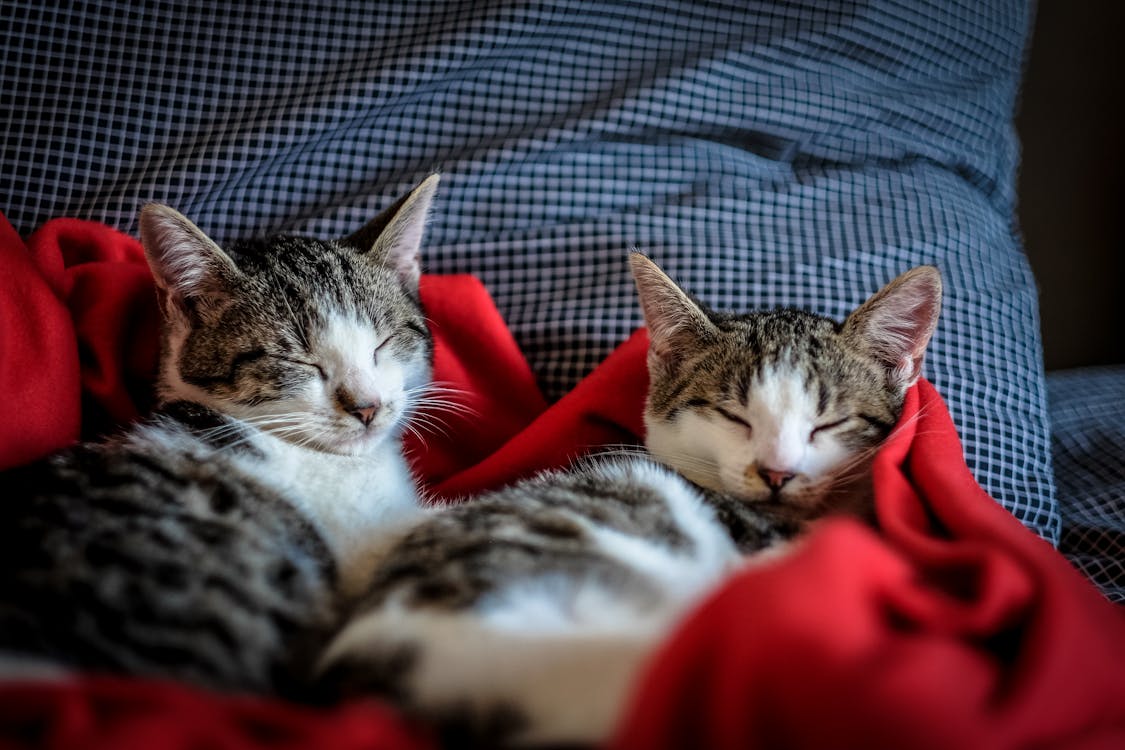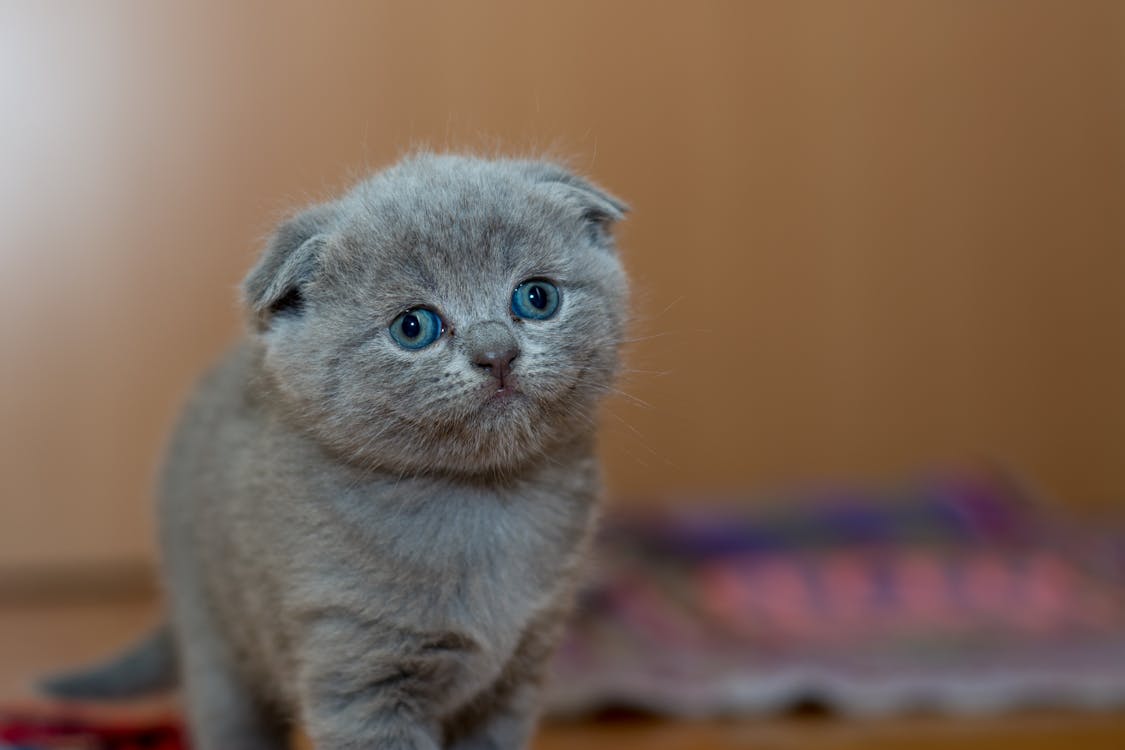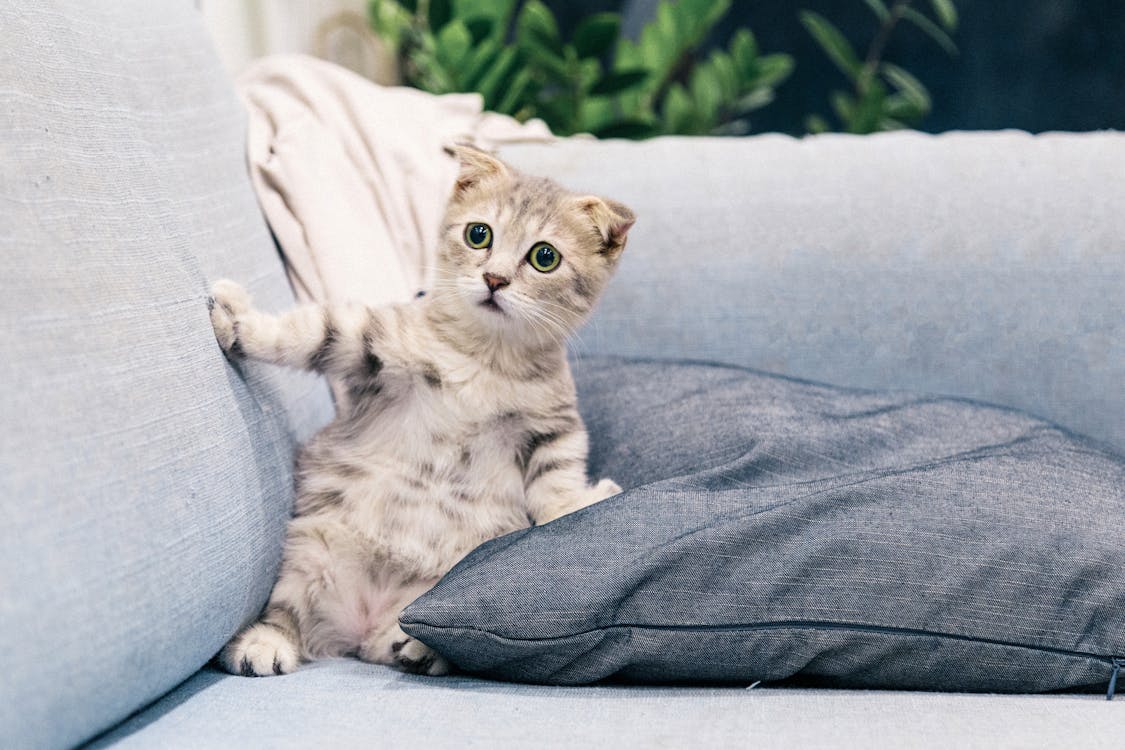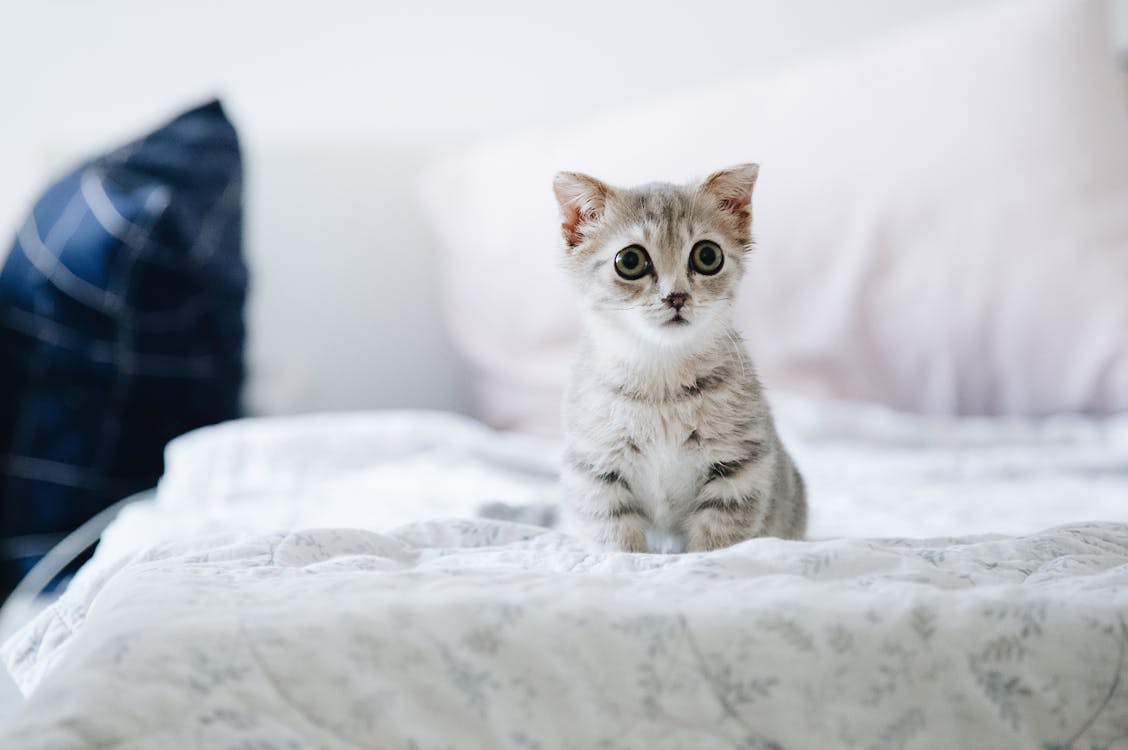If your cat has been acting more lethargic than usual, showing less affection than usual, and not being as active as usual, your kitty may be depressed. Cat depression isn’t like human depression; it’s usually only temporary and can have several causes. The best way to help your cat overcome these feelings is to understand them and see if there are any ways that you can get your cat feeling up in the world again. If you think your cat may be experiencing depression, here are 10 signs of feline depression to look out for.
1) Lack of playfulness

Playfulness is the perfect indicator of a happy cat. Cats who are not playful may have health issues or may be feeling depressed. If you notice your cat not playing with their favorite toy, interacting with other animals or humans as much as usual, or sleeping more than usual, take it to the vet for an exam and talk to them about your concerns. These are all signs that something could be wrong, so it’s better to be safe than sorry!
2) Unwillingness to be touched or petted
One of the biggest signs that your cat may be depressed is their lack of interest in being touched or petted. Cats are naturally creatures of comfort, so when they don’t want to be touched it can be a sign that something is wrong. Often times a cat will show signs of depression by withdrawing from any interaction with their owner or even other pets in the household.
3) Change in eating habits

Many cats will eat less when they are depressed. Some may stop eating all together. If your cat is no longer eating, you should contact your veterinarian to rule out any other medical issues that could be causing the lack of appetite.
4) Change in sleeping habits
One of the most common signs of depression in cats is a change in their sleeping habits. Cats who are not depressed tend to sleep through the night and spend a lot of time napping during the day. Those who are depressed may only nap once or twice per day, sleep all day, and remain restless at night.
5) Change in litter box habits

When cats are depressed, they often stop using the litter box for their bodily needs. This can be a sign of feline depression. If your cat hasn’t been using the litter box, it could be time to talk with a vet. They might have an infection or other health issues that need attention. Change in appetite: A change in appetite is one of the most common symptoms of feline depression.
6) Changes in social interactions with you
It’s not uncommon for cats to start withdrawing from social interactions. Their depression may be caused by a number of things, such as moving to a new place, neglecting their needs or feeling pain. If you notice your cat has been less interested in hanging out with you lately and it’s just not like her behavior, she may be depressed.
7) Change in social interactions with other pets

Social isolation is a common sign of depression in cats. Cats are very social animals, so when they start to withdraw from other pets and humans, it’s time to be concerned. If your cat has been spending less time interacting with other pets or people, or if he has stopped doing things he normally enjoys (like going on walks), these could be signs that your cat is feeling depressed.
8) Low energy level and decreased activity level
Cats are usually energetic, but when they’re depressed, they may have a decreased energy level and decreased activity levels. They might not want to play or go for walks. Their eating habits will also change: some cats will overeat and others will stop eating completely. And if you notice your cat displaying any of these symptoms, it may be time to seek professional help from your veterinarian.
9) Poor grooming and coat condition

Cats with depression often lose interest in grooming themselves, which can lead to a drop in their coat condition. If your fone has been neglecting things like hairballs and bathing, it may be time to have a chat with them about their feelings.
10) Secretive behaviors
It’s important to remember that cats are creatures of habit and routine. If you notice your cat is less social with people, or spends more time in dark corners of the home, it may be that he or she is experiencing depression. Watch for other signs like sleeping longer, eating less and grooming less often, too. Once you’ve identified whether or not your cat is feeling down in the mouth, there are a number of ways to help boost their mood.
